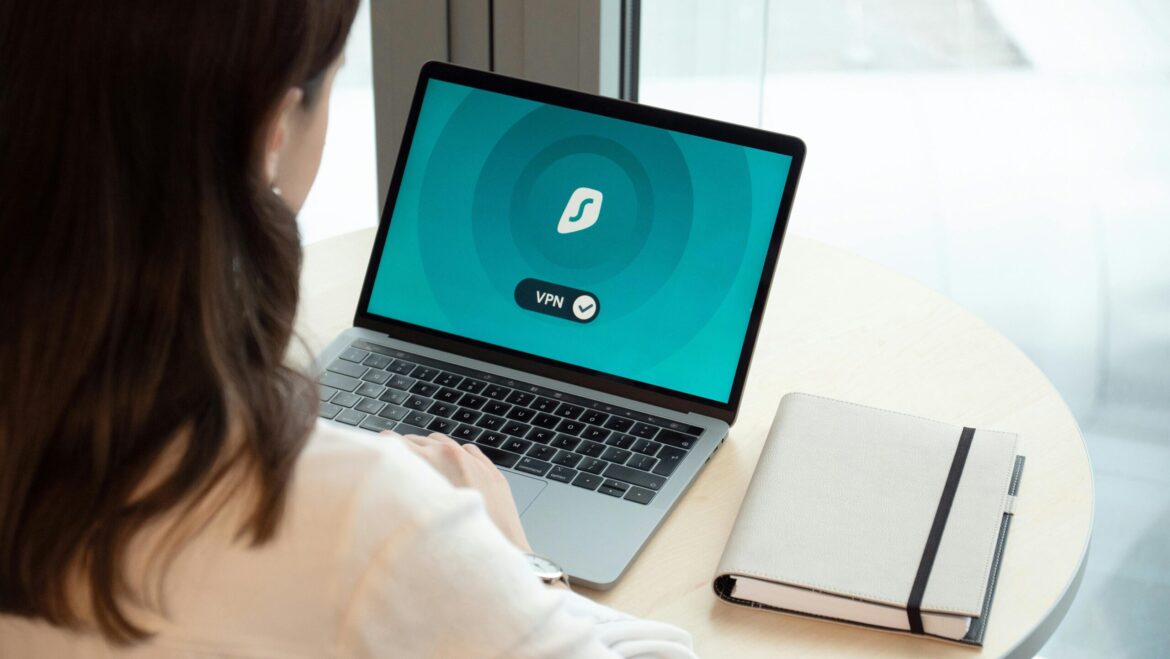Introduction
On February 21, 2024, Change Healthcare, a prominent subsidiary of UnitedHealth Group and a leader in the health payments sector in the United States, underwent a major cyberattack that has had devastating repercussions for medical services nationwide. The incident has resulted in a full-scale disruption of electronic payment systems and the processing of medical claims, directly impacting healthcare providers, pharmacies, and patients across the country. The ramifications of this attack have ignited concerns regarding the safety and security of sensitive healthcare information and the infrastructure that supports patient care.
Impact on Healthcare Providers
The fallout from the cyberattack has been catastrophic for healthcare providers, many of whom have reported staggering financial losses that could reach up to $100 million per day. As a result, numerous medical facilities face cash flow challenges that threaten their operational stability. The inability to process claims and payments not only affects their financial health but also restricts their ability to maintain staff and offer essential services. In a sector that already operates on thin margins, such disruptions can lead to irreversible consequences including layoffs, service downgrades, and even facility closures.
Effects on Patients
Patients have also felt the adverse impacts of the cyberattack, encountering significant hurdles in accessing necessary medications and medical services. The inability to process insurance claims quickly has led to increased out-of-pocket payments, and in some instances, patients are unable to receive critical treatments. For individuals with chronic conditions or urgent health needs, this disruption can have life-threatening consequences, highlighting the precarious balance between technological dependence and patient care in the healthcare system.
Government Response and Investigation
In the wake of this incident, the U.S. Department of Health and Human Services (HHS) has initiated a civil rights investigation focusing on patient privacy and data security. The intention behind this investigation is twofold: to ensure that patient data remains protected during such crises and to evaluate the protocols in place for responding to cyber threats. This response signals a recognition at the federal level of the urgency to address vulnerabilities in healthcare cybersecurity infrastructure.
Support from UnitedHealth Group
In an effort to alleviate the financial strain on affected healthcare providers, UnitedHealth Group has advanced more than $2 billion in assistance. This financial infusion aims to provide immediate relief to those in crisis while facilitating a smoother recovery process. The company is also actively collaborating with federal authorities and cybersecurity experts to investigate the breach and explore avenues for restoring services. Such collaborative efforts are crucial in identifying the vulnerabilities exploited during the attack and in implementing stronger defenses moving forward.
The Importance of Cybersecurity in Healthcare
This incident underscores the critical importance of implementing robust cybersecurity measures within the healthcare sector. The reliance on electronic systems for payment processing and record-keeping means that healthcare organizations must prioritize their cyber defenses to protect sensitive patient information and the integrity of their operations. The ramifications of cyberattacks extend beyond immediate financial losses, serving as a potent reminder of the broader implications for patient trust and public health.
Conclusion
The cyberattack on Change Healthcare illustrates the urgent need for heightened awareness and action regarding cybersecurity in the healthcare sector. With profound implications for healthcare providers, patients, and the entire medical infrastructure, it is clear that the fight against cyber threats is far from over. Stakeholders must remain vigilant, investing in better technology, comprehensive training, and proactive response measures to withstand such attacks in the future. As the industry grapples with this significant incident, it brings forth a call to action for innovation and resilience within the healthcare landscape.
FAQs
What measures can healthcare organizations take to improve cybersecurity?
Healthcare organizations can enhance cybersecurity by investing in advanced security technologies, conducting regular audits, providing ongoing training for staff on data protection protocols, and establishing comprehensive incident response plans.
What should patients do if they are affected by this cyberattack?
Patients should maintain communication with their healthcare providers to stay informed about potential disruptions to their care, and they should ensure that they have alternative arrangements for obtaining medications if needed.
How can I protect my personal information in the healthcare sector?
Patients can protect their personal information by regularly monitoring their medical records for any discrepancies, being cautious about sharing sensitive information, and ensuring that healthcare providers comply with privacy regulations.
What are the long-term implications of this cyberattack for the healthcare industry?
The long-term implications may include increased scrutiny from regulators, greater investment in cybersecurity, and potential changes in legislation focusing on data protection and cybersecurity standards in the healthcare sector.

